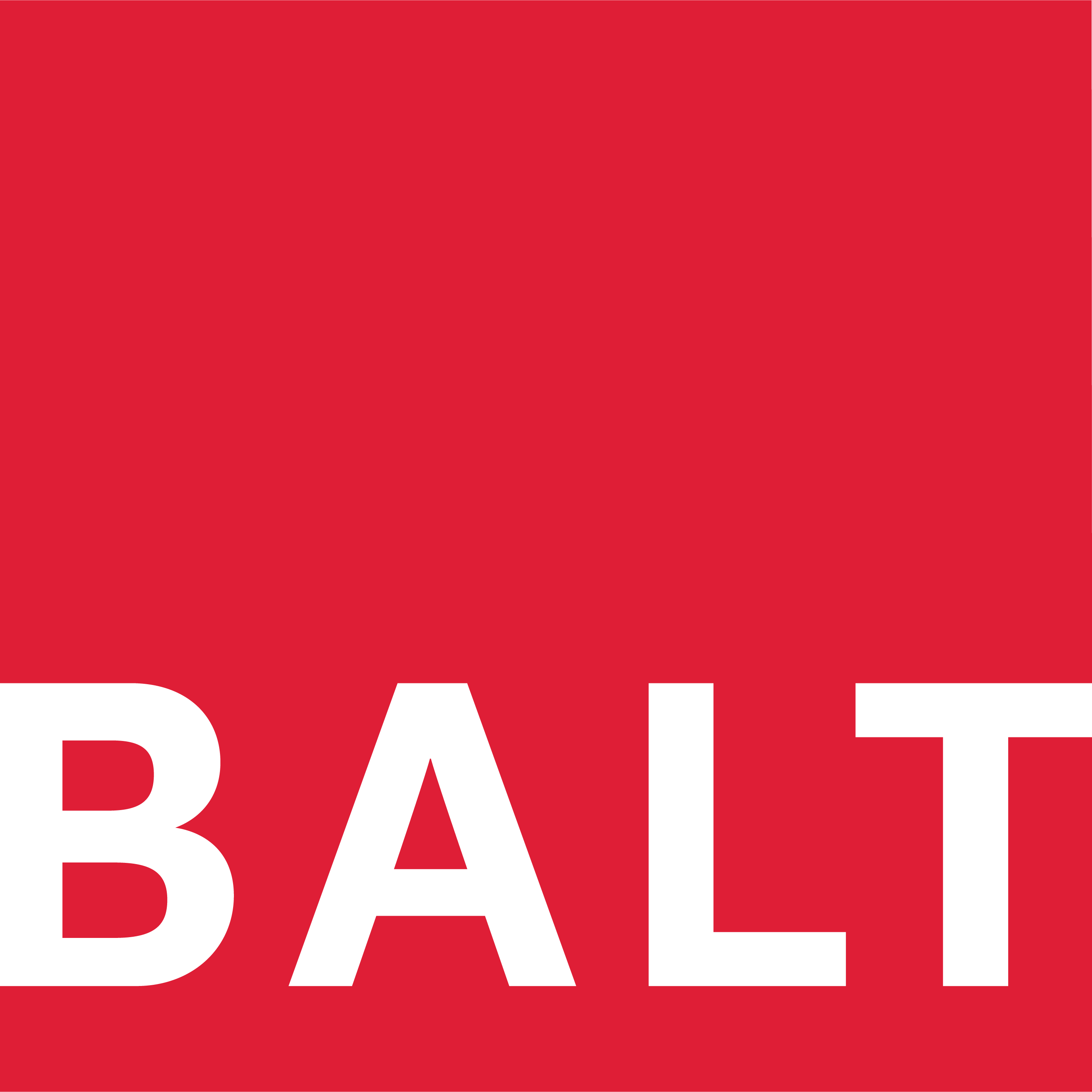Corporate members are past, present and potential Employer companies in collaborative BALT Programs. Employer fees for companies hosting collaborative BALT programs include 12 months Corporate Membership.
Corporate Members receive a range of benefits, including:
- Individual membership for employees participating in the hosted program
- IT support to host collaborative Microsoft Teams online
- Promotion of achievements through action learning as a case study on the BALT website
- Facilitator support to host one action learning event per year
- Relationship brokerage and benchmarking with other member companies
- Advocacy and assistance to address identified industry skills gaps and other barriers to business growth


Why should your business participate in a collaborative action learning program?
Participating companies benefit from the action learning process through improved business performance by addressing an issue of high priority.
Projects are selected to address ‘wicked problems’. Wicked problems can be described as problems where high levels of uncertainty exist, high levels of collaboration across various parts of the organization are needed, and further learning and distributed leadership are required to achieve a resolution. Companies already implementing other systems for innovation management and continuous improvement may find that more projects fall within this space, as the ‘low hanging fruit’ was picked years ago. The action learning process provides a framework to address these types of problems (or opportunities).
Individuals and organisations have the opportunity to learn from others’ experiences and benefit from the fresh views of outsiders. All levels of the organisation can participate in action learning sets where they will exchange ideas and share the learnings with a peer group across participating organisations.
Ongoing benefits are derived from the enhanced competency of key employees, with the opportunity for formal recognition for that competency. Employees learn how to apply relevant tools and theoretical concepts to complex problems. Moreover, they learn how to seek information, direct their own learning and participate effectively in improvement processes in their workplace. This creates a pattern of action learning, which can be further developed and extended within the company.
